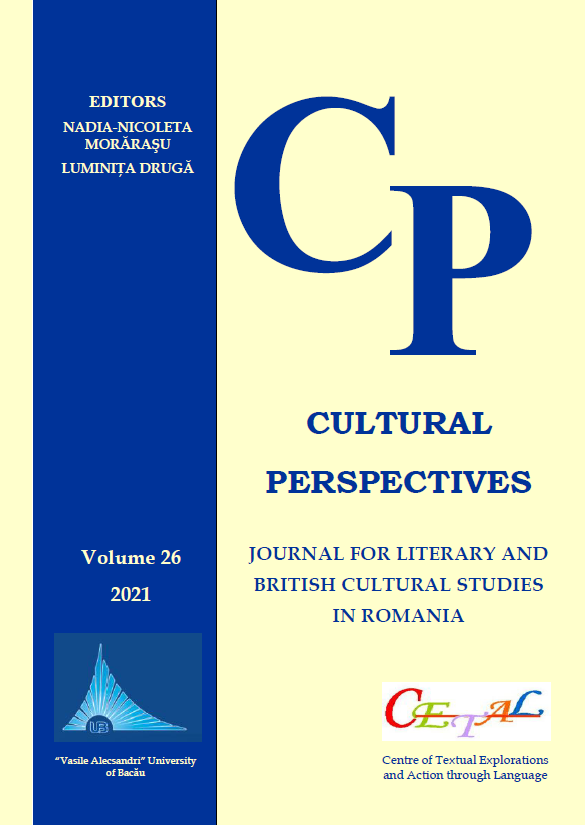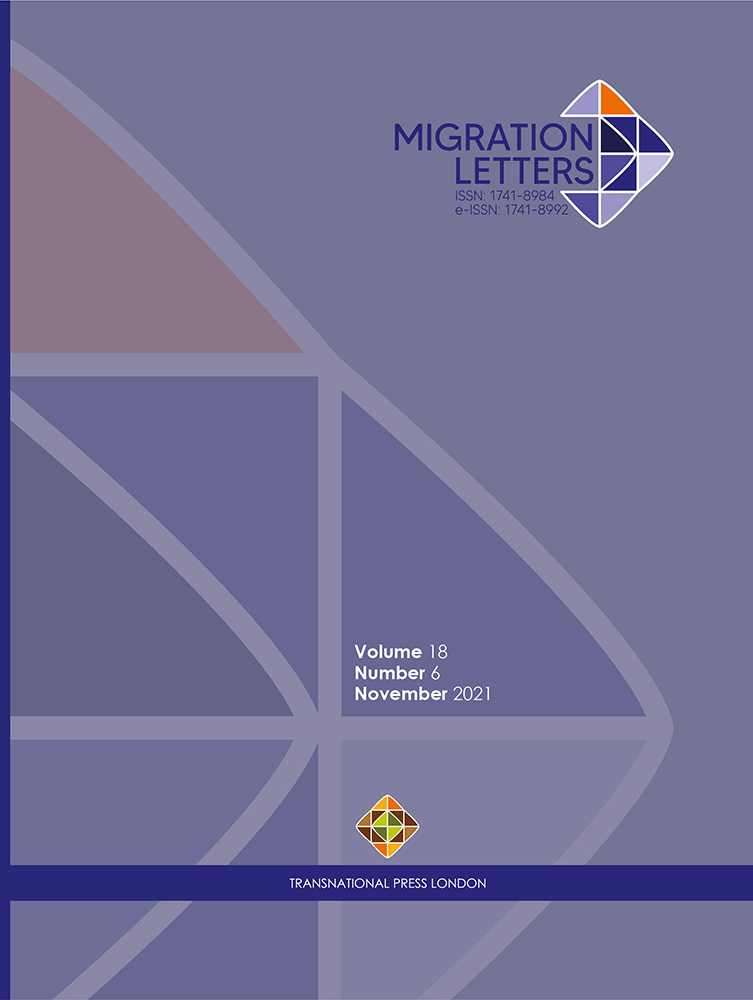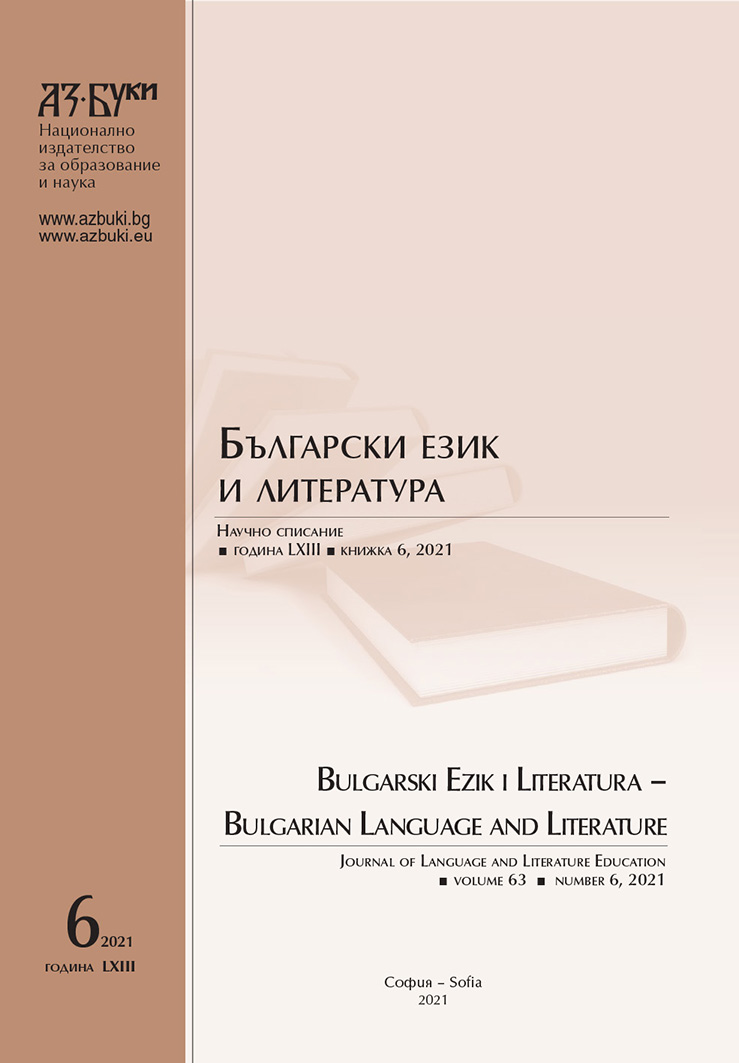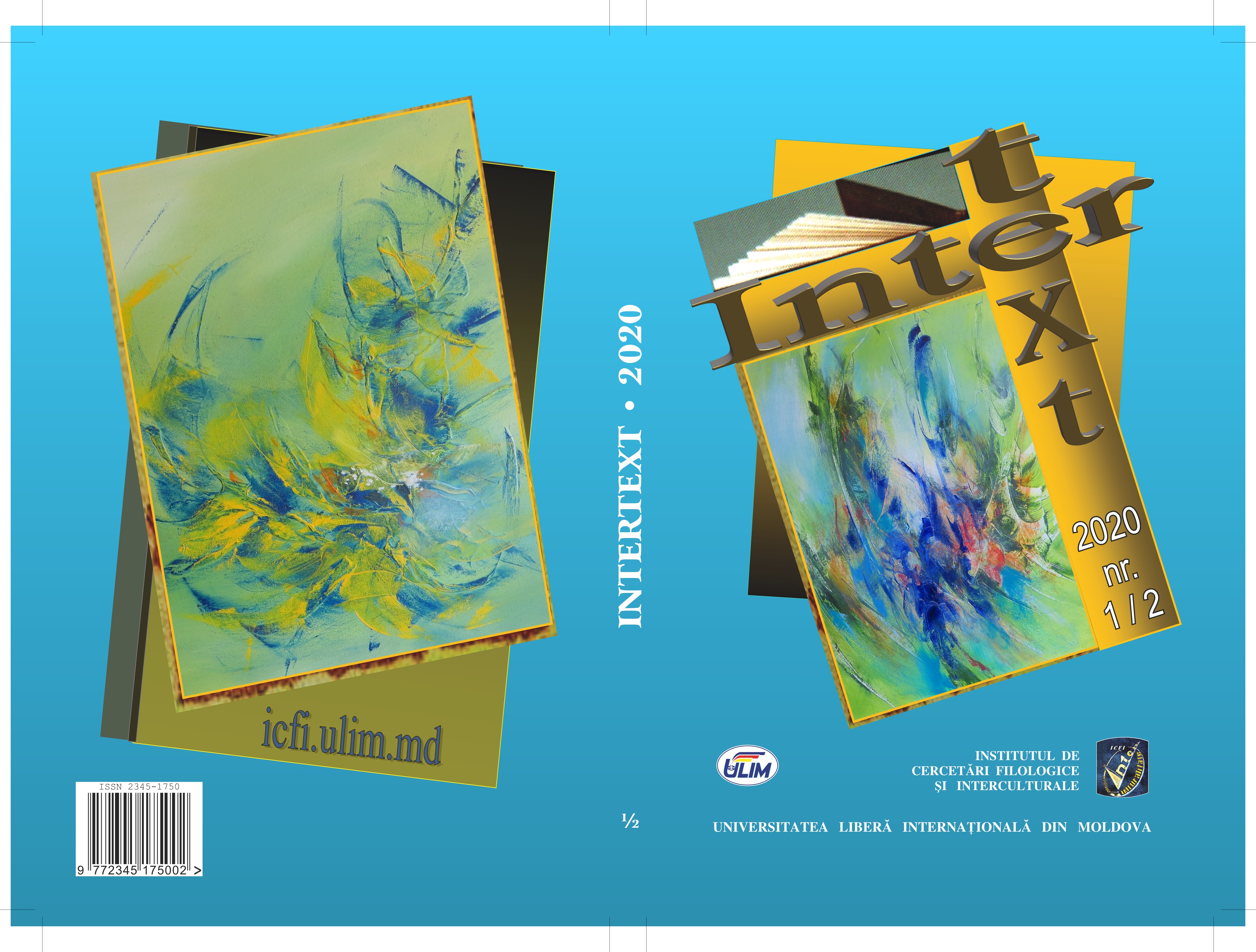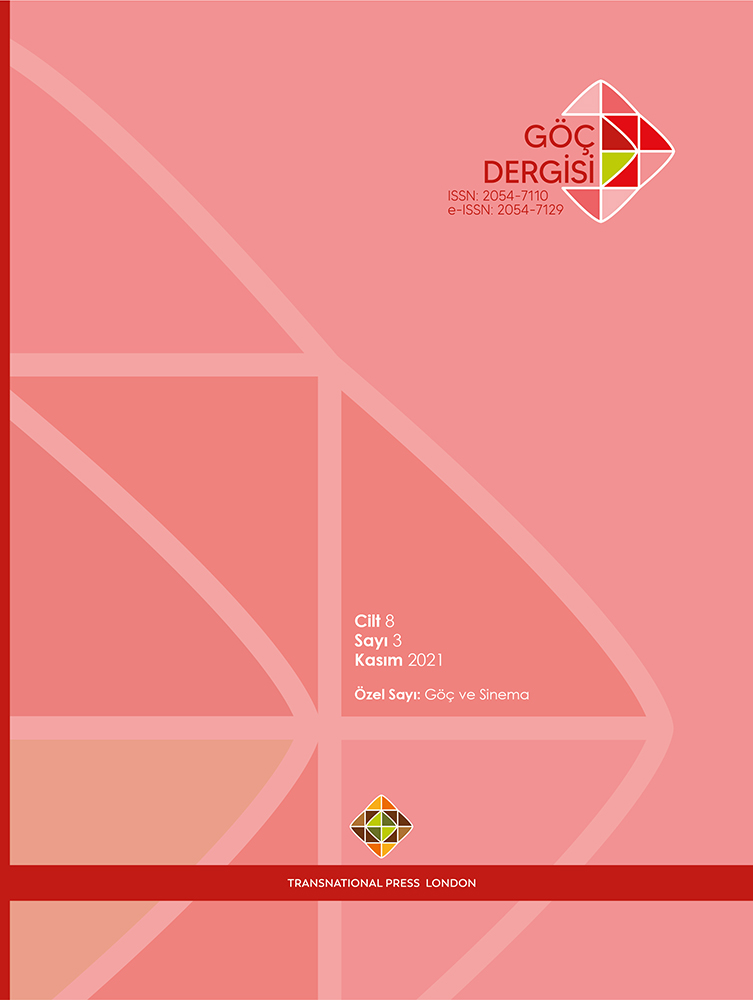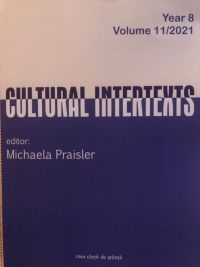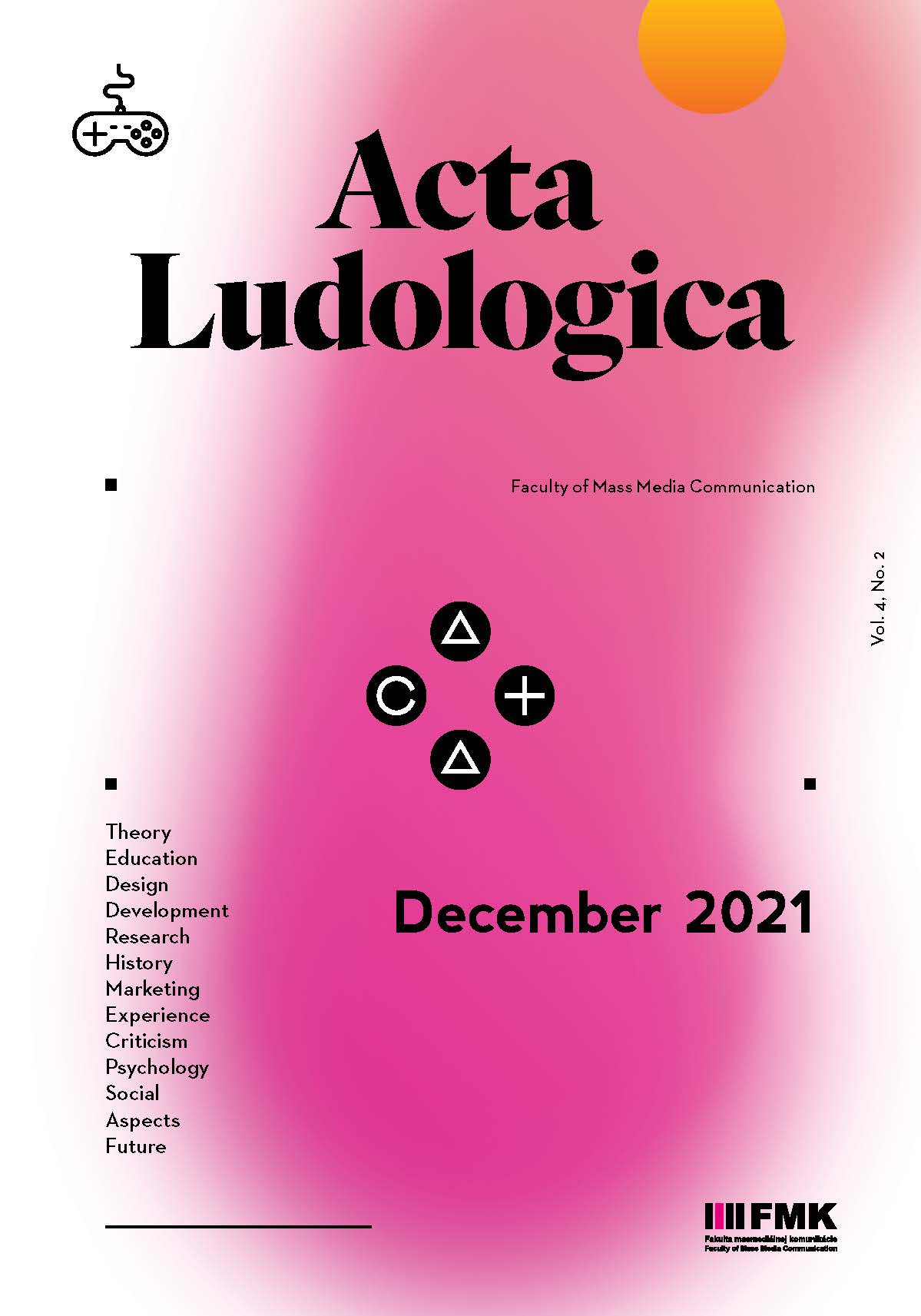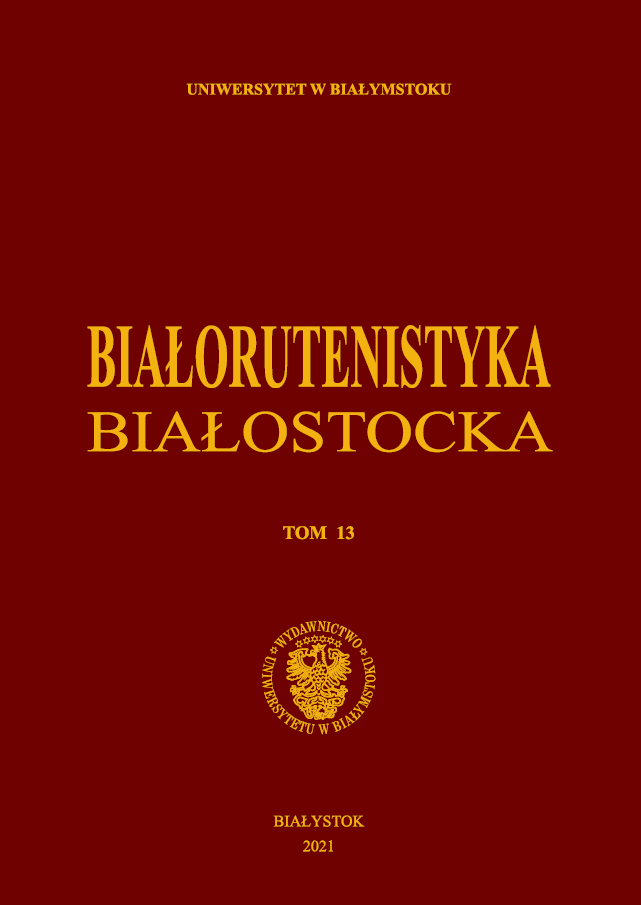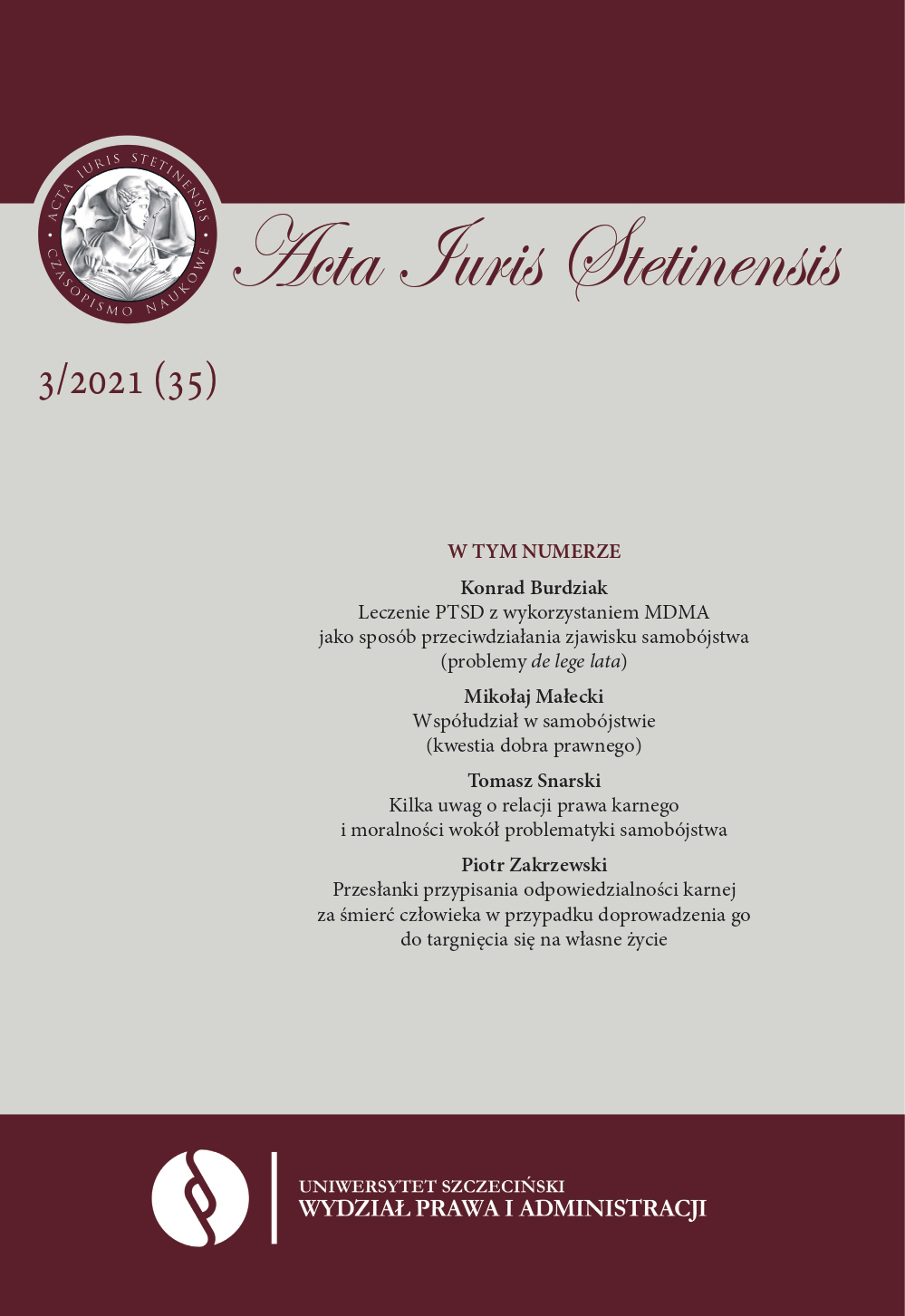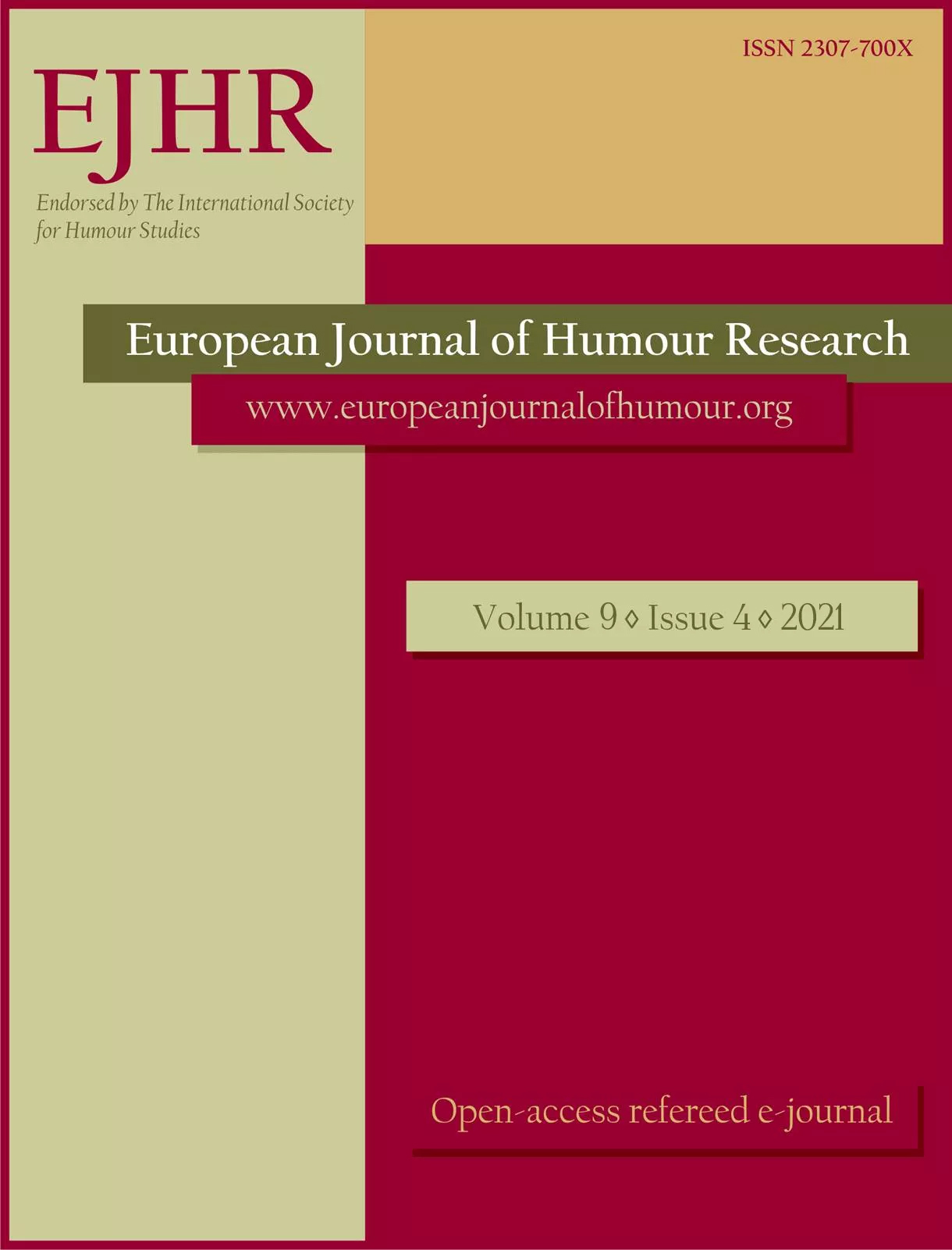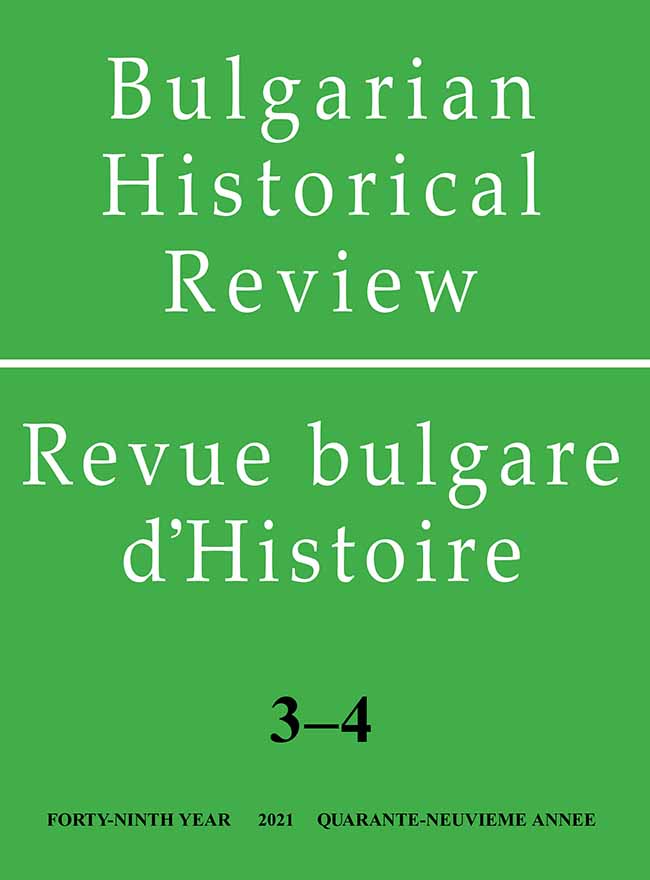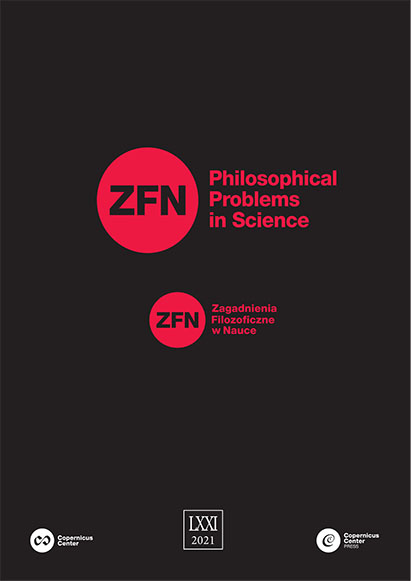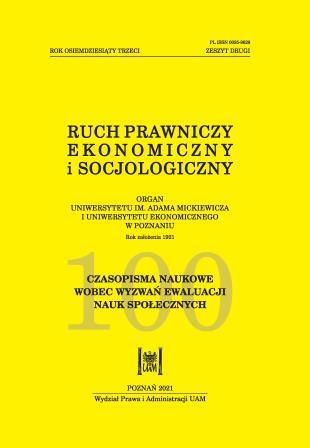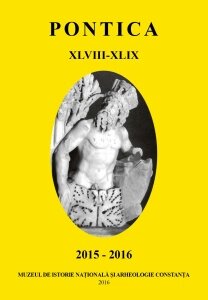
Nathan Badoud, Le temps de Rhodes. Une chronologie des inscriptions de la cité fondée sur lʹétude de ses institutions, Vestigia. Beiträge zur alten Geschichte Band 63, Verlag C.H. Bech, München 2015 (562 p.)
The article is a review of Nathan Badoud's work, Le temps de Rhodes. A chronology of registrations of the city based on the study of its institutions. The book, which aims to arouse interest of Rhodian epigraphic material, is the result of a long and difficult process of analysis and ordering of information. It is the revised version of a thesis doctorate at the universities of Neuchatel and Bordeaux, supported by the author under guidance of prestigious names: Denis Knopfler and Alain Bresson. Inscriptions published rhodian (from Inscriptiones Graecae XII to 2012) and which constitutes the object of the paper signed by N.B. reach the impressive figure of 5000copies. The unitary character of the inscriptions is given by the Doric dialect (preserved until the sec. III AD), typology of texts (generally catalogs of magistrates and especially by dignitaries with religious functions). Therefore, it is a"Epigraphy of names", as the author remarks, in which the information is acquired value only "in the light of the attributable date". Hence the phrase “them temps de Rhodes ”became the title of the paper.
More...
